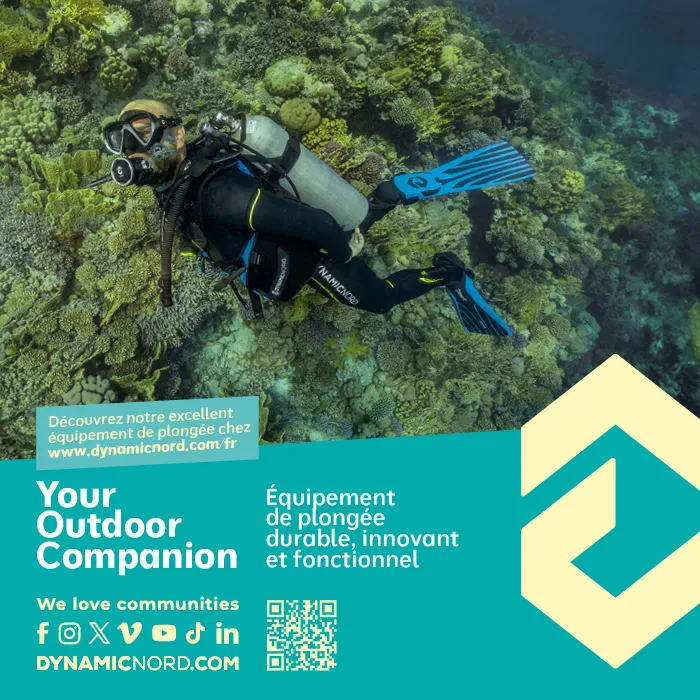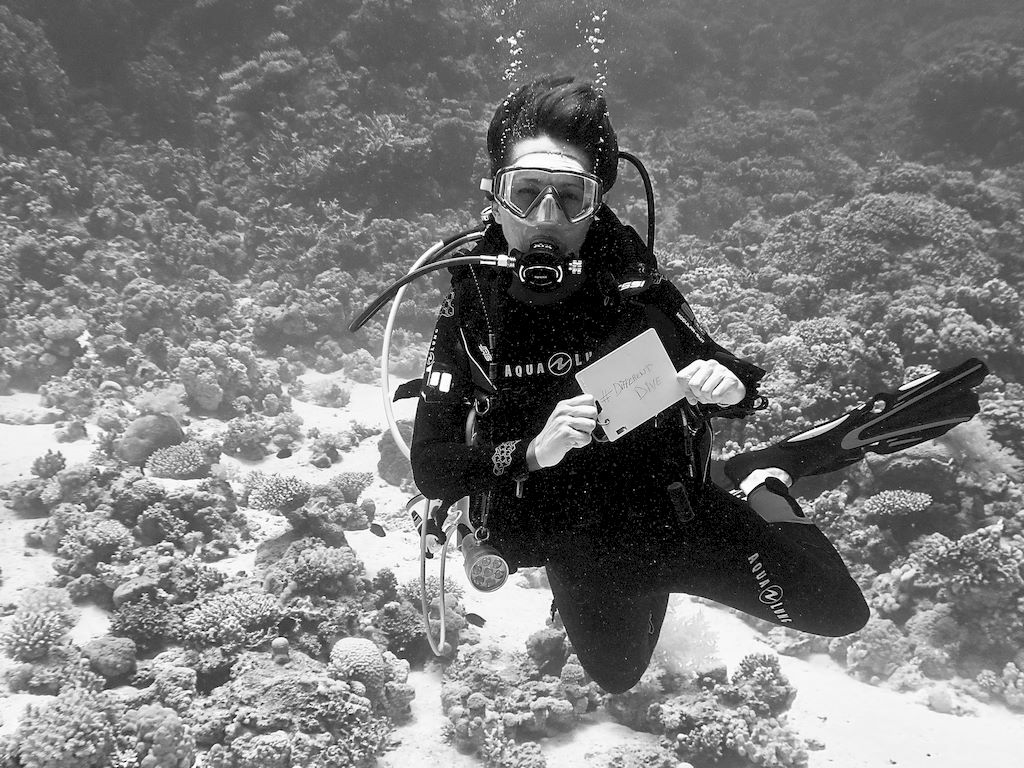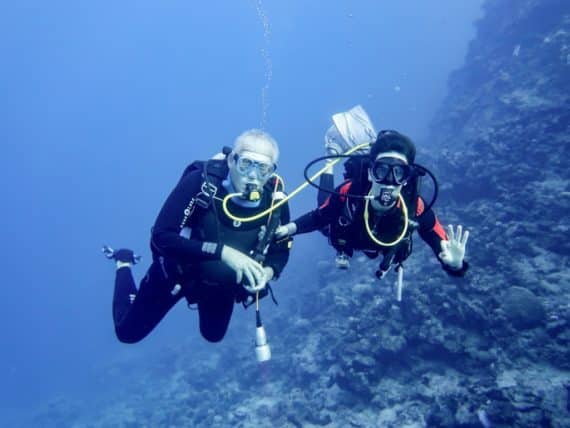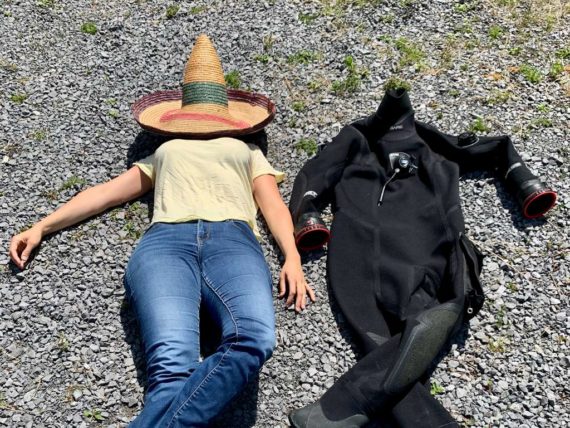My 5 tips to prevent diving accidents

Prevent diving accidents
What do you do to prevent diving accidents ? Diving accidents, they scare us and then we forget them until an accident relayed by the press. Press reminds us that we are living in a world that is not our natural environment. And that can be hostile or dangerous.
Some incidents and / or diving accidents occur while all the conditions and rules of caution and safety are respected. Others result from small errors (read the article “Diving Accidents : How to avoid the suite of Mistakes you should Never Do !” to convince you). Also from an invisible enemy (a PFO, an unknown allergy unknown, …).
If we can not always be on a the safe side when diving (except by giving up diving), there are actions to put in place to increase our safety when diving and prevent diving accidents.
1 Physical and mental fitness
Too many dive sites are still full of “great divers” who, even if they are not in good shape, even if they have been partying (a bit too much) the day before … Do not give up for the dive.
It’s better to give up once in a while rather than putting oneself in danger … And the others who will be in your team.
In the same state of mind, you will often see “old divers” who continue to dive today as yesterday. They ignore the effect of time on their bodies. Unfortunately, we find them too often in the accident titles of the press which mentions that they are nevertheless experienced divers.
In terms of fitness and health, do not forget that regular physical activity will also help you feel good, as well as good hydration before and after your dives!
Dive only if you are physically and mentally fit
2 Prevent diving accidents with gear
No need to continue today to dive with worn or obsolete equipment. The diving equipment has long been democratized, no excuse to put away your good old mistral regulator 😉
In the same way remember that your diving equipment is your insurance and it must be maintained regularly … Even if you have not used it, it is getting older!
Some will say that you can maintain your own equipment.
Personally, I advise not doing it
Especially if in case of problem, justice will check if you have followed the manufacturer’s instructions. Especially in terms of maintenance.
3 Plan your dive and dive what you planned
It can never be said enough, a dive is prepared, is planned and it is advisable to respect what has been planned. To prevent diving accidents do not change anything to what you planned. You decided to dive to a maximum of -35 m at the briefing? No need to change the depth during the dive. You or one of your buddy could be panicked, short of breath (due to the stress of change), air failure, … Or any other situation that could lead to a diving accident
If you made a mistake when planning, prefer to plan a next dive on the same site but with other parameters.
An exception to this rule, however : once the conditions under water are different from those announced. In this case, it will be necessary to review some parameters (time, depths, direction, …) by choosing an alternative for more security. This is particularly the case when you are announced on the boat a very weak current and you find yourself having to kick hard to reach the point of interest.
4 Respect your privileges: there is no need to skip steps and / or to be afraid
It is a mistake that almost all divers will do at least once in their diving activity. Go to fast, want to go deeper, longer, faster in training without allowing time to integrate the achievements, …
I noticed that these experiences unfortunately lead to small incidents and / or scares that are not always important but that impress useless anxiety for the person who will sometimes have all the trouble to overcome it.
Do you want to continue to dive with pleasure? Take your time.
5 Buddy: the importance of communication
To prevent diving accidents, before the dive, we agree on what the team will do and on the signs and procedures (eg if we lose a buddy, …). Currently, it is not yet possible to communicate effectively and quickly under water other than via dive signs and (possibly) submersible slates.
Get accustomed to briefing before each dive even if they are quick and efficient. The important thing is to know how you will dive and the particular instructions of the spot you are on
Once under water, regularly communicate the information to your buddies. For example your air consumption, the time remaining before deco-stop, if you are cold, if you are afraid. (Read the article “Scuba diving…not even afraid” about it), …
In addition to these 5 basic rules, you can also, in terms of knowledge, choose not to limit yourself to your training: continue to be curious and learn throughout your life as a diver … For more serene dives , richer, with more fun and safe.
Act to prevent diving accidents and do not forget to be happy!
Helene
>>> KEEP IN TOUCH







